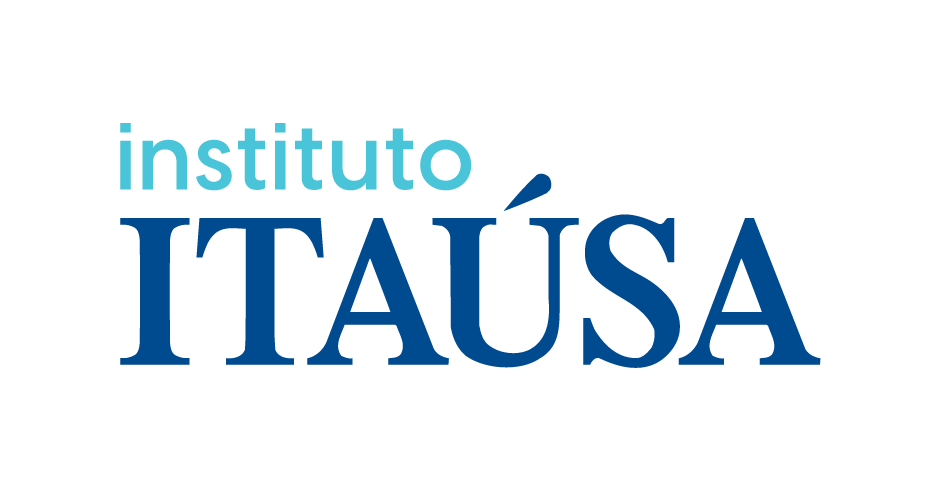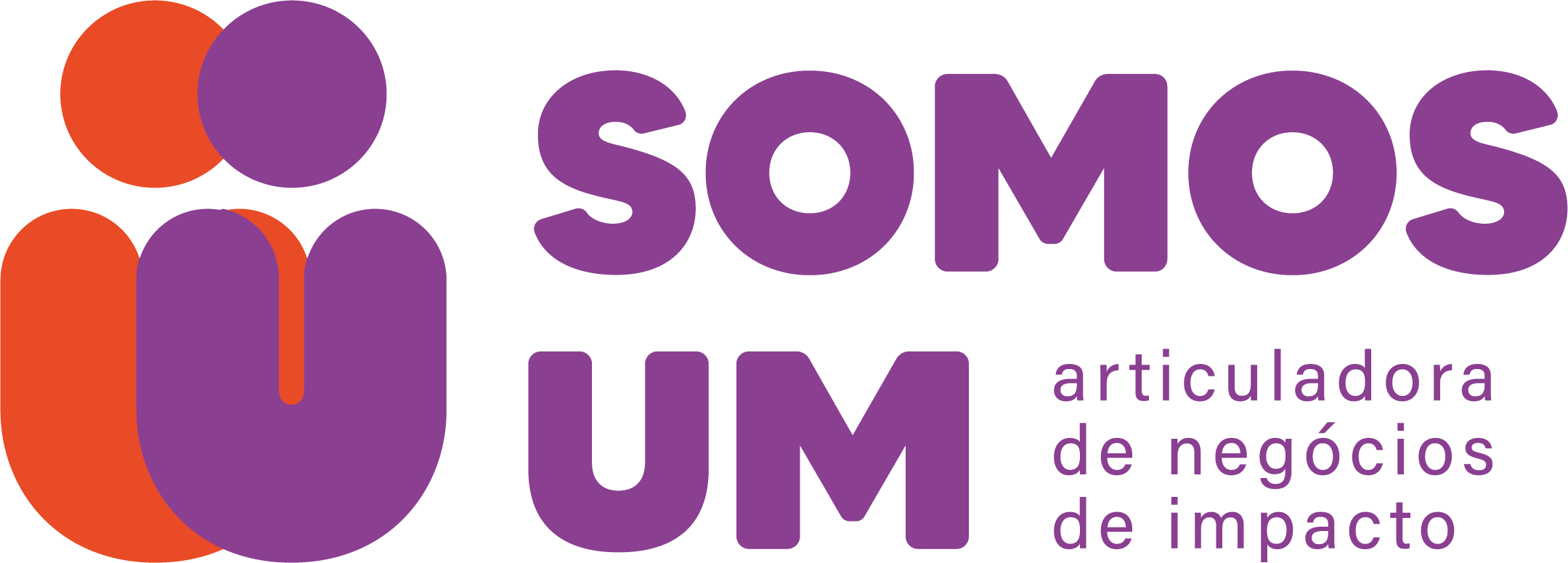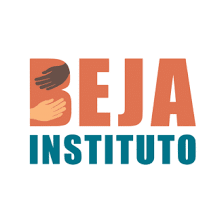WHO WE ARE
The Institute of Corporate Citizenship (ICE) was founded in 1999 with one purpose: to bring together practicing philanthropists that wish to innovate to promote social inclusion and reduce poverty in the country.
Social innovation has permeated all of the Institute’s actions in its 25 years of operation, promoting solutions that generate positive, lasting, and far-reaching social impact. Throughout its history, the focus of ICE’s work has involved different themes and always maintaining the following premises:
- The interconnection and engagement of transformative leaders
- Collaborative work
- Knowledge production, systematization, and dissemination
Today, ICE is dedicated to strengthening the ecosystem of an impact economy in Brazil, an emerging field and a mobilizing agenda that engages our founders and a new generation of ICE Associates, connecting them to the global movement for positive social and environmental impact and to key actors for its development in the country.

OUR MISSION
Our mission is to connect transformative leaders in developing initiatives that enhance positive social impact on the low-income population.
OUR VISION
We aim to mobilize more resources, connecting entrepreneurs and investors, for initiatives with measurable positive social impact and financial sustainability.
PROGRAMS
Associates
ICE foster a network of philanthropists, businesspeople and social investors to contribute to the social innovation agenda through collaborative action to bring about systemic changes.
The pillars of the Associates Program are training, connecting and investing. ICE offers a series of opportunities to deepen knowledge of philanthropy and impact investments and to experience them through practice, stimulating exchange between its members and other partners in the ecosystem. The training experiences offered include participation in thematic learning journeys, events and meetings guided by ICE curators.
Our associates are part of our governance. Three bodies exist to formulate strategy, manage operations and monitor our activities: the Executive Board, Fiscal Committee and the General Assembly.
ICE Academy
ICE Academy aims to engage professors and strengthen the performance of public, private, and community Higher Education Institutions (HEIs) in the ecosystem of Impact Investment and Businesses.
Through teaching, research, and outreach programs, professors work on themes and content that connect students with the impact economy sector. HEIs produce knowledge, offer training, and disseminate content to train entrepreneurs and other professionals for the industry and connect local ecosystems in different regions of Brazil.
The program’s operations include thematic meetings, training days, connecting members of the network with local actors working in synergy with the actions of the HEIs, recognizing good practices, and producing material.
The ICE Academy program mobilizes a network of more than 220 professors and researchers working in more than 84 HEIs in all regions of the country. The network covers the themes of Social Entrepreneurship, Impact Investments and Businesses, and Social Innovation.
Coalition for Impact
The Coalition for Impact is a national multisectoral initiative for more and better impact businesses, co-led by ICE, Instituto Helda Gerdau, Itaúsa, and Somos Um, with the strategic partnership of Cosan, Fundação Educar DPaschoal, Fundação FEAC, Fundação Grupo Boticário, Instituto Beja, Instituto Humanize, Instituto Sabin, and RD Saúde.
By 2027, the Coalition for Impact will contribute 34 million reais to develop simultaneously, in partnership with local organizations, six Impact Ecosystems in cities in Brazil's five regions: Belém, Fortaleza, Brasília, Campinas, Paranaguá, and Porto Alegre. By strengthening organizations that dynamize the impact ecosystem and encourage impact entrepreneurs, the Coalition intends to support impact businesses that will drive local GDP with products and services that help solve socio-environmental problems.
We believe that
- Impact businesses can solve social and environmental problems that in turn complement public policies and third-sector action.
- Impact business entrepreneurs need different types of technical and financial support until they achieve an economically sustainable model and deliver measurable positive impacts.
- A structured ecosystem with dynamizing organizations, data, and resources to support them increases their chances of success and connections with investors and customers in the public and private sectors.
- ICE is responsible for the initiative’s executive secretariat, which will have a threefold impact: directly on local organizations, on the interconnection of these organizations in training and local Boards and on their integration into a nationwide network that will accelerate learning and exchanges to promote systemic change with national impact.












